by Dixon Hill
Before we begin: I have to apologize for being absent from the Comments section of so many blog posts on SleuthSayers over the past few weeks. I’m afraid I’ve been having a hard time getting online, lately, largely due to computer problems. In fact, I used my daughter’s laptop to post this, today, because I couldn’t get my computer to do it. (And, I'm afraid, I wasn't permitted to upload pictures for some reason.) Another culprit, however, is also to blame:
I’ve been riding the rails.
Not literally, of course. I’ve been riding these rails figuratively. But, though my rides may have been imaginary—emotionally speaking, they felt very real indeed. They also ate a lot of time, but I’m absolutely not complaining.
I’ve written here in the past, I believe, that writing a story sometimes seems to me, a lot like grabbing hold of a speeding freight train. And that’s what’s been going on.
For me, sitting down to write is rather analogous to going to the station and trying to catch a train running to a great destination. And, if I’m lucky, it provides a wild ride with highly memorable scenery.
The station in my imagination isn’t a large one, though. It’s no Grand Central, or Eastern Pacific terminal. Nor is it bustling with a throng of people. It’s a bit less traveled, a bit more rustic, and sort of like the train station in
Bad Day at Black Rock.
When I’m already working on something, I walk in knowing the direction I need to travel and the destination I need to reach. So I check the wall where the schedule is posted, to see if I can find the train I need. If I don’t currently I have a work in progress, my search is less directed and I’m more apt to just check out what’s running that day. In either case, though, I’m not looking for passenger trains, because I have a problem with them.
Problem is: Passenger trains seldom seem to fit the bill.
Passenger trains are designed to get people to wonderful destinations, while wrapping them in as much comfort and safety as possible during the journey. That’s just not the sort of story I’m after. Not that stories like that are bad. Long, slow sweeping sagas with vast panoramic vistas and luxurious turns of phrase can be magnificent. But, that’s not what I enjoy doing.
I’m looking for a story that’s a combination train-ride and roller coaster. It needs to run fast, and direct, stopping or slowing as seldom as possible. It’s okay if the pace slows as the train crawls up a steep mountain grade, but those mountains need to be cruel and foreboding, even threatening. Naturally, this isn’t a route sensible executives would schedule passenger trains on; it’s the sort of route they reserve for pushing freight rapidly from point to point, with an eye on money.
I also need certain elements to be present for the entire journey, so I can trot them out in the story when I need to—even if I’m currently unsure what those elements should be. Consequently, it helps to know what’s stored in the train cars hooked behind the engine.
So: I need a train scheduled on a freight route: that’s a freight train. And I need to be sure my chosen freight train is hauling certain cargo. I can check the route schedule on that wall-mounted board in the station. The place to inspect the cargo, however, lies just outside town in a switching yard. In my head, I have a mental hump yard, and that's not a play on words.
A hump yard, for those who don’t know, is a type of switching yard used to conserve motive power. When a train comes in, workers uncouple and drive away the engine(s), leaving the cars sitting on the track. Then a small yard engine hooks to the back of the line of freight cars that comprised the train, and it begins to push the cars slowly forward. The initial destination, for each car, is the yard’s namesake—the place where the track runs up over a small hump in the ground.
In simplest form, things work like this: When the first car crosses the hump, the yard engine stops the train. Yard workers standing at the hump uncouple the car and let it roll down the hump and into the network of branch-lines spanning the yard. Sometimes they give it a kick with one foot, to add a little impetus.
As the car moves into the yard network, switches are thrown, shunting it to the track where the train cars heading for a particular destination are being lined up and hooked together, awaiting the engine(s) that will pull them there. Meanwhile, the yard engine continues to push each car over the hump, stopping to let it be released and roll down to join the new train it will soon be part of.
Occasionally, of course, two or three cars in a row happen to be heading for the same destination. In this case, they’re rolled over the hump, and unhooked from the train cars behind, but the group of cars heading for the same place is left hooked together to negotiate the yard network as a unit.
Which reminds me of a funny story.
I’m a bit familiar with a hump yard, because I had the opportunity to tour one while studying Target Analysis in the Engineer portion of the SF Qualification Course. We spent a full day closely examining all details of the hump yard’s mechanisms and inner workings, even climbing in and around a diesel-electric train engine—the cab, engine compartments, drive components, etc.—so we could learn the Achilles’ heels inherent in the operation, and the intricacies of how to put the yard or engine out of business for any particularly specified period of time, using the minimal amount of leverage or explosive force, when called upon.
While we were there, one of the fellows told us that his buddy was trying to remove and replace a frog, one day—a frog being a particular portion of a switch rail. The frog had been in place for decades, however, and the nuts and bolts that held it were locked solid, the metal nearly fused by rust and time. So the yard worker grabbed a long pipe—or “cheater bar”—and slid it down over the large wrench he had locked to the nut, because this added-length significantly increased the torque of his leverage.
Unfortunately, the nut and bolt were so fused by rust that they snapped off while he was hanging all his body weight on the long pipe. The result was a broken leg. His buddies carried him up to the nurse’s office, where the nurse rapidly began splinting his leg as the ambulance was called from town. As she ministered to the man, the nurse asked how he’d done this to himself. The guy answered honestly: “I was tryin’ to bust the nuts off a frog.”
The nurse, incensed, harangued him for being ungentlemanly, until the Yard Master, drawn by her yelling, arrived and explained what the yard worker had been trying to accomplish.
Back to my analogy:
The station in my imagination is located not far from a small hump yard that is overlooked by a hill. After checking the schedule at the station, so I know where the trains being assembled on the different tracks below are going, I pull out binoculars and start looking at the freight cars and cargo.
It’s hard to explain how I decide which train to choose. Sometimes I’m overcome by a desire to work with the strange combination of cargo carried by freight cars coupled in a certain order. At others, I might be intrigued by the mysterious look of certain cars; perhaps they have evil-looking odd protuberances, or are painted in garish colors that look as if they were splashed across in a fit of violent emotion. Occasionally, I spot a human form darting furtively among the train cars being assembled below, and I want to find out what he’s up to. Sometimes, it’s just a sunny day and the freight below looks like a fun ride, so I take a chance.
The thing is: It’s always a gamble. When trains run, sometimes they get sided. Another train might be coming along the same track, for instance, so the train I’ve hitched a ride on has to pull into a siding and sit there for hours, waiting for it to pass. And, unfortunately, it’s not uncommon for the train I choose to run hot and fast for several miles, then break down and sit dead on the tracks.
When the latter happens, I look at the papers posted on my office wall, which encourage writers to forge ahead, not waiting for inspiration to do the heavy lifting for them. Obviously, a writer can’t stand around all day just waiting for inspiration. But, on the other hand, I don’t think I’ve ever sold a story, unless I felt that freight train pull while writing it. If I’ve got to get off the train and push it up a steep grade, it’s almost a guarantee that the story won’t sell.
For some reason, in my experience, a story has to have a motive force of its own, or it just doesn’t go anywhere. If I can’t get the train rolling within a few minutes, I’m in trouble. Pushing a train with a dead engine is a sure way to break a lot of sweat and raise a lot of dust, but the only result will be a deep whole where your feet have been churning-in-place. So when the train grinds to a halt, it’s time to dismount and look for the problem.
Train cars aren’t just connected by the metal coupling that holds them physically together. There are hoses and cables that run between the cars and have to be connected for the train to operate properly.
One of those hoses, for instance, is the hydraulic hose that connects all the brake lines on the cars. If that hose breaks loose between two cars, the hydraulic pressure drops and the brakes in all the cars slam on. They can’t be released until the pressure can be pumped up again. To pump up the pressure, the entire system has to have integrity, so the dropped hose has to be reconnected.
Disconnection can be a show-stopper in a story too. When two elements of a story don’t work together, the thing just won’t hang right and run. Sometimes the work required is minimal, but sometimes it's as if I have to bodily shove a group of recalcitrant box cars up to where the rest of the train sits, so I can hook everything up and get it rolling again.
Other times, I might find that a portion of the train has come off the rails; that can be a mind numbing repair problem. But, if after a lot of blood, sweat and tears, I can get everything lined up again, the train will run, carrying me forward to my destination.
Occasionally, however, the problem is so large I can’t figure out how to fix it. At times like those, I let the engineer call it into the yard. And I walk away, to come back and check on progress at times. Because, while I’m away, the army of yard workers in my subconscious mind will work to get that train back on the track.
And that’s a large part of what’s been going on in my life, over the past two weeks.
I started work on a story three or four years ago (I can’t be sure). It was a great story; the train ran hot and true through valleys of stark resonance and across ridgelines of jagged rock.
But I was called away from the train too many times—often for extended periods, so I could help my parents. The engine sat there running, waiting for me to come back, but it used up all the fuel while I was gone, and I didn’t know how to get more fuel out to it, in the middle of nowhere, where it sat.
Two weeks ago, however ...
When I opened that story to look it over again, I found the fuel stores had been fully topped off. As I crossed the track in front of the engine, the train horn sounded, so loud it nearly took my ears off. The engine leaped forward—from zero to sixty in about a second-and-a-half. And I was pasted, bodily, on the front of the engine cowling, wind tearing at my hair and clothes.
I knew better than to try climbing into the cab, of course. Sitting there is too much like sitting in a passenger seat. Instead, I stayed where I was and started writing everything I saw as it flashed past.
If I were a better liar, I’d tell you I stayed there 24/7, and didn’t climb down till the ride was through. (My dream is an office with a red and green light over the door. The red light would mean I’M WORKING: NO ADMITTANCE, and I’d stay there until the work was done.) But, I’ve got a wife who told me long ago that this sort of behavior didn’t wash with her. She expects me to be there for the family.
I love my wife, so I had to shut it down at nights and meal times to do my duty. Every morning, however, when I returned, I’d find the train sitting on the tracks, engine running and engineer anxious to be off again. I’d climb back on the front, and away we’d go. I finally finished the first draft of that story—one that I started three or four years ago—late last week.
At which point I discovered the freights are running hot and hard at the moment. I’ve caught some monster freights that have carried me to surprising destinations, a few of which have stalled, but two of which roared straight to the promised land.
Yesterday, I caught one that I haven’t finished riding yet. It’s sitting just off on a little siding as I write this, the engineer anxious to get rolling.
So I hope you don’t mind if I disappear again for a little while.
And, who knows? Maybe, one day, we’ll meet up by the tracks: both of us sneaking down to the local switch-yard, looking for the right freight train to hop.
See you in two weeks!
--Dixon
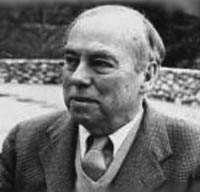
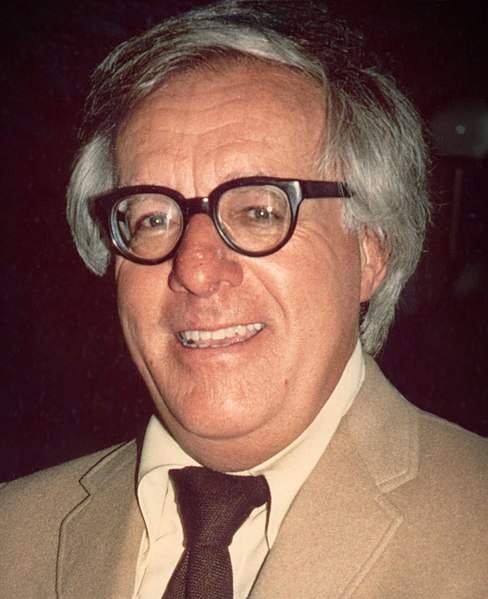 Ray Bradbury. There are not enough words in the English language to praise his amazing output of short stories. From "The Fruit in the Bottom of the Bowl" to "I Sing the Body Electric," "April Witch" to "The Veldt", "A Sound of Thunder" to the heartbreaking "There Will Come Soft Rains", "Dark They Were and Golden Eyed", the whole body of "The Martian Chronicles", and on and on, I gobbled each and every one of his stories I could get my hands on. His work inspired me, amazed me, touched me... couldn't get enough of it. And he was primarily a short-story writer: aside from "Fahrenheit 451", his other novels didn't really gel for me. ("The Martian Chronicles" is a collection of short stories, with a narration in between.) He showed what could be done in the medium of short fiction. And, of course, he was a regular writer for "Twilight Zone" and other TV shows...
Ray Bradbury. There are not enough words in the English language to praise his amazing output of short stories. From "The Fruit in the Bottom of the Bowl" to "I Sing the Body Electric," "April Witch" to "The Veldt", "A Sound of Thunder" to the heartbreaking "There Will Come Soft Rains", "Dark They Were and Golden Eyed", the whole body of "The Martian Chronicles", and on and on, I gobbled each and every one of his stories I could get my hands on. His work inspired me, amazed me, touched me... couldn't get enough of it. And he was primarily a short-story writer: aside from "Fahrenheit 451", his other novels didn't really gel for me. ("The Martian Chronicles" is a collection of short stories, with a narration in between.) He showed what could be done in the medium of short fiction. And, of course, he was a regular writer for "Twilight Zone" and other TV shows...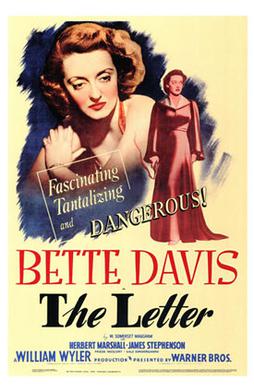
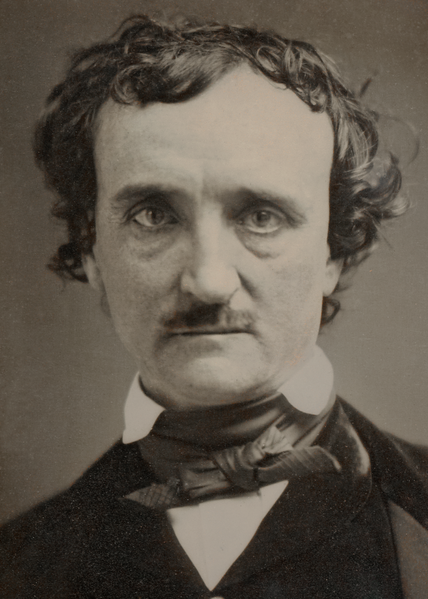

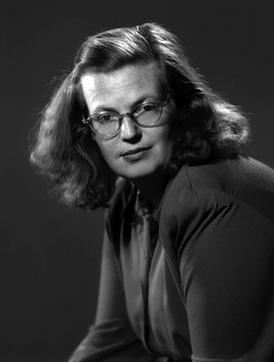
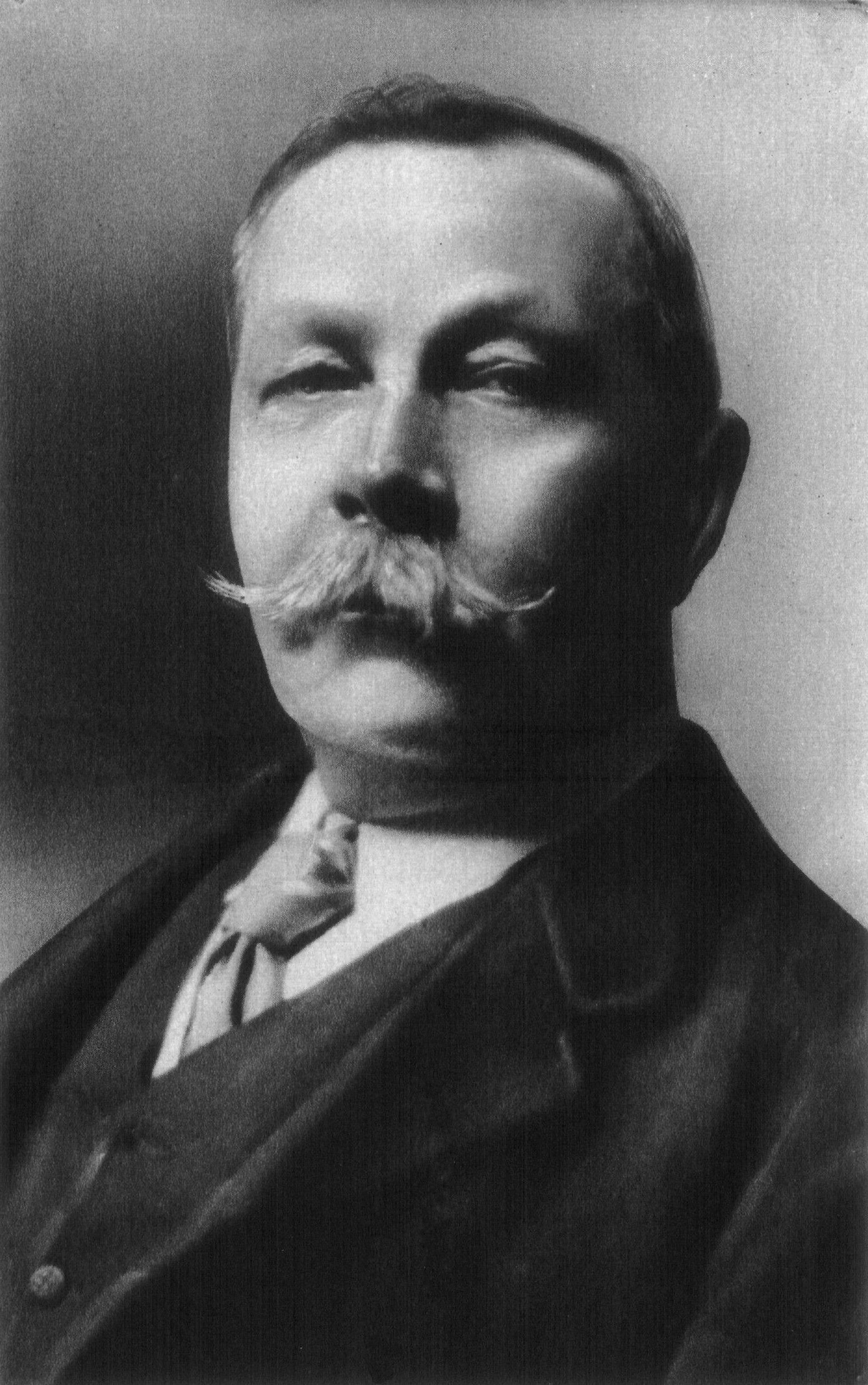 Arthur Conan Doyle. Let us never forget that 90% of the Memoirs of Dr. John H. Watson about his inimitable companion, Sherlock Holmes, are short stories. We all have our favorites. (Sadly, the relentless reinterpretations of Holmes and Adler have reduced my pleasure in "A Scandal in Bohemia".) Among mine are "The Adventure of the Copper Beeches", "The Speckled Band", "The Greek Interpreter", "The Devil's Foot", and "The Norwood Builder". I have spent many a rainy afternoon curled up in a couch with a hot cup of tea and my father's one-volume "Complete Works", reading, reading, reading, time travelling to Victorian/Edwardian London, as Sherlock Holmes - the world's only private consulting detective - solves case after case after case... Ah... Excuse me, I have some reading to do...
Arthur Conan Doyle. Let us never forget that 90% of the Memoirs of Dr. John H. Watson about his inimitable companion, Sherlock Holmes, are short stories. We all have our favorites. (Sadly, the relentless reinterpretations of Holmes and Adler have reduced my pleasure in "A Scandal in Bohemia".) Among mine are "The Adventure of the Copper Beeches", "The Speckled Band", "The Greek Interpreter", "The Devil's Foot", and "The Norwood Builder". I have spent many a rainy afternoon curled up in a couch with a hot cup of tea and my father's one-volume "Complete Works", reading, reading, reading, time travelling to Victorian/Edwardian London, as Sherlock Holmes - the world's only private consulting detective - solves case after case after case... Ah... Excuse me, I have some reading to do...

















